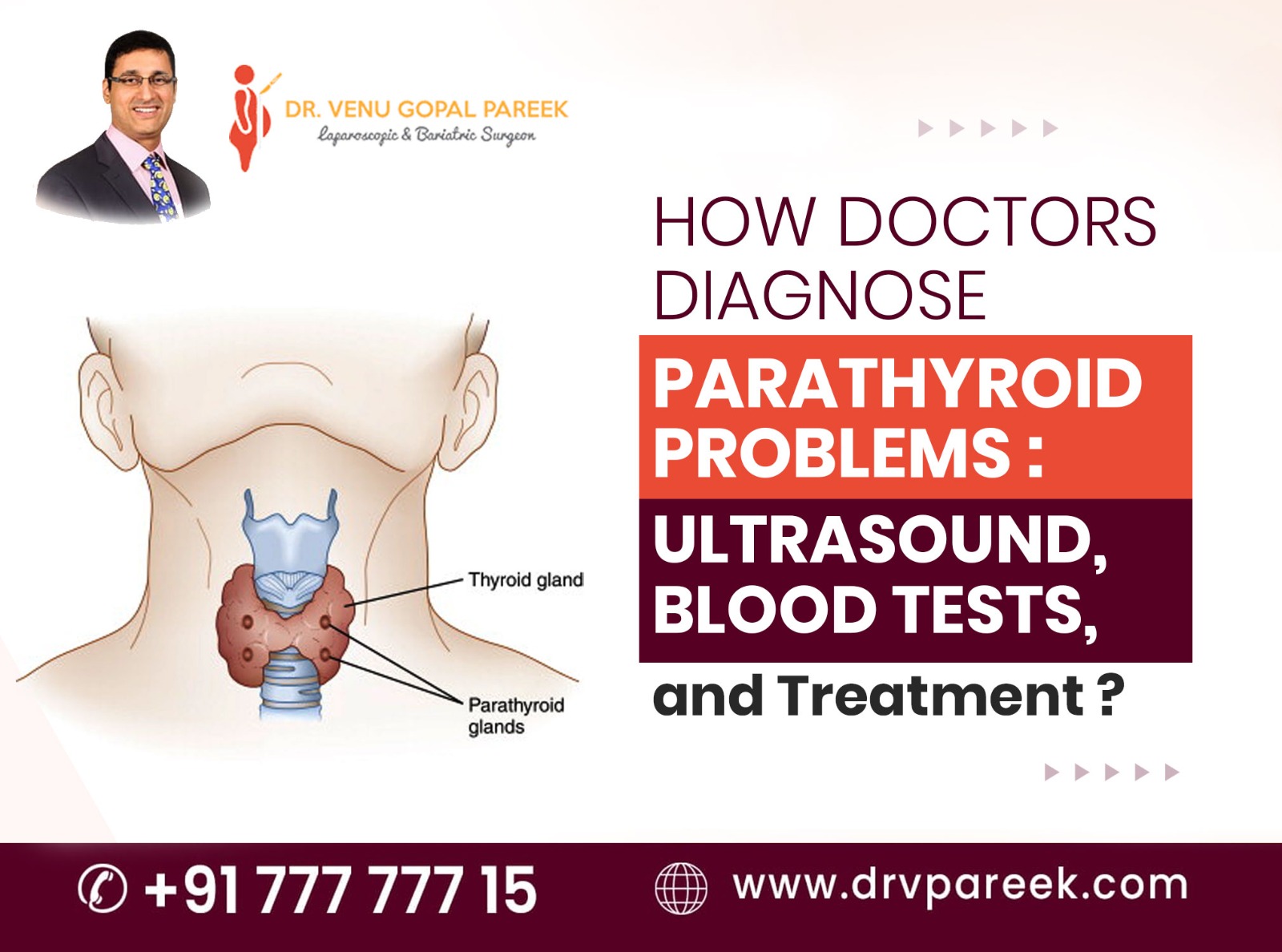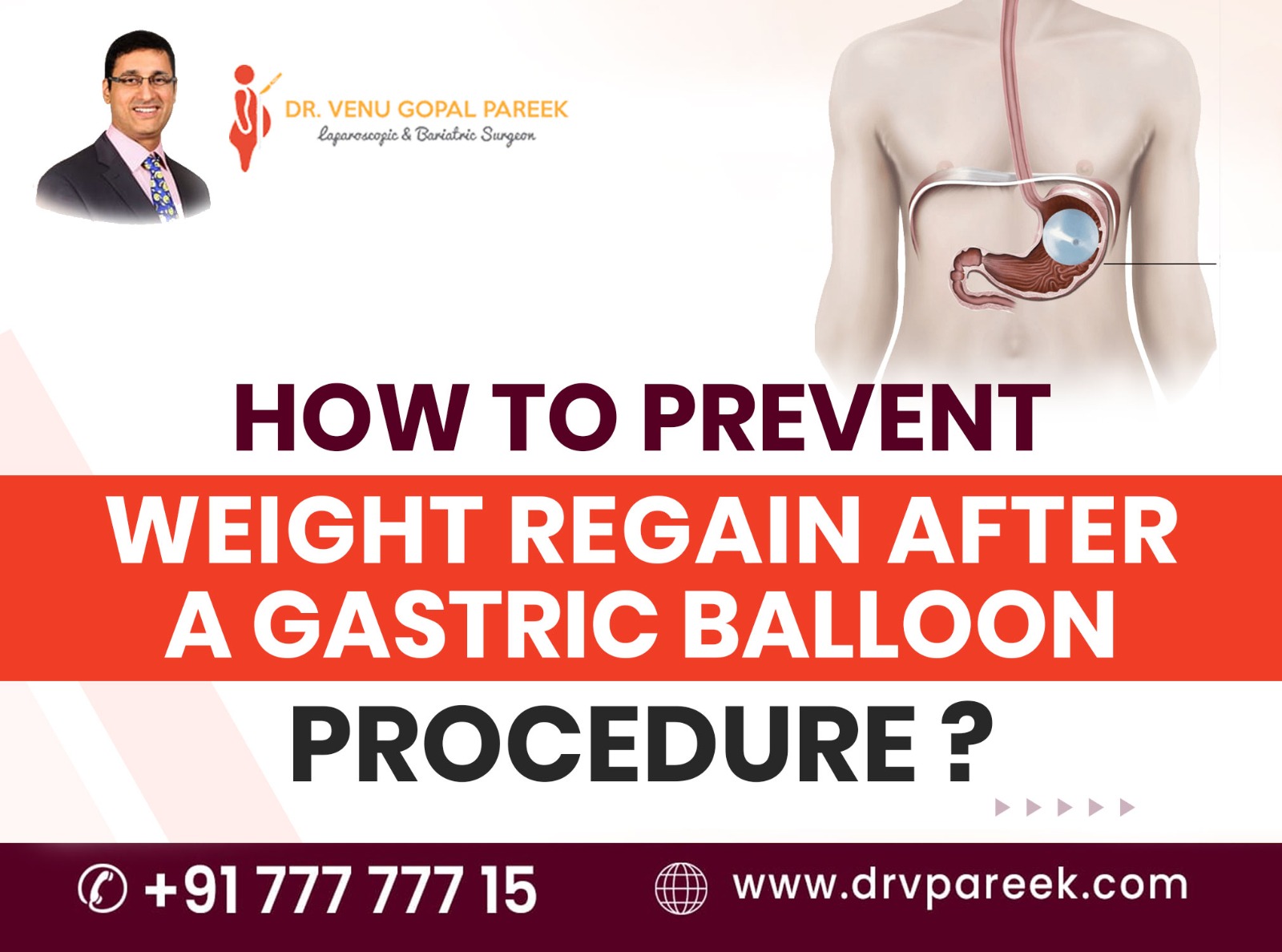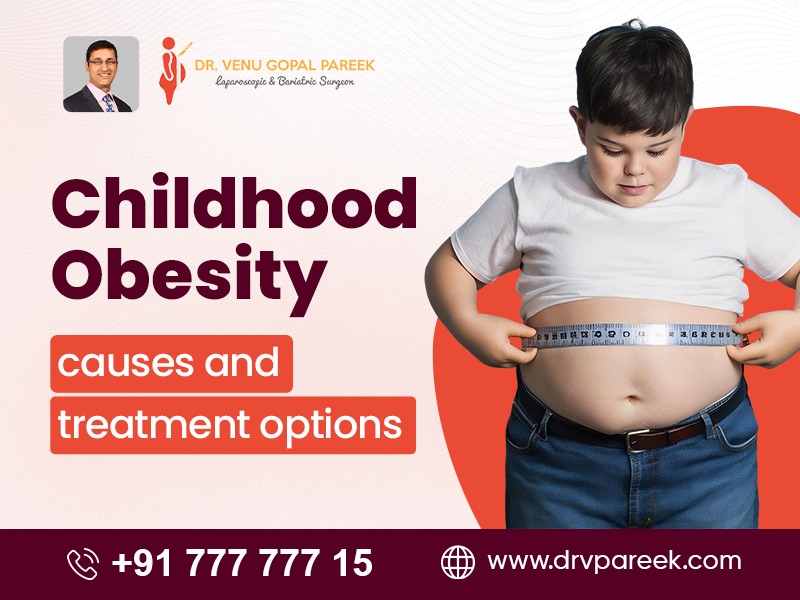
Weight Loss Injections vs. Bariatric Surgery vs. Gastric Balloons: Which is right for you?
Weight loss might not be just a physical change for many individuals; it’s more about regaining their health, confidence, and a better quality of life. Dr. Venugopal Pareek, the best weight loss surgeon in India, says weight loss can be challenging for everyone, which is why you need guidance and support in every step until you reach your weight loss goals. Weight loss procedures, especially bariatric surgeries, are not merely surgical procedures—they are life-changing measures that can be tailored to help you achieve long-term weight loss and improve your overall health.
If you are considering weight loss injections, gastric balloons, or bariatric surgery for weight loss, remember each has its advantages and risks, but they serve their purposes, offering various levels of long-term weight management. Here in this blog, Dr. Pareek provides his insights about the effectiveness, risks, and ideal candidates for non-surgical weight loss procedures (weight loss injections and gastric balloon procedures) and surgical bariatric procedures.
Weight Loss Injections
Different types of weight loss injections are available, which include Wegovy and Ozempic with the active ingredient semaglutide, Zepbound and Mounjaro with the active ingredient tirzepatide, and Saxenda with the active ingredient liraglutide. All these medications primarily work as glucagon-like peptide-1 (GLP-1) receptor agonists except for Mounjaro, which has dual properties of targeting both GLP-1 and GIP (glucose-dependent insulinotropic polypeptide) receptors. Among these injections, only Wegovy, Saxenda, and Zepbound are approved for weight loss by the FDA, while others are approved for treating type 2 diabetes. Even though doctors suggest them for weight loss because they are effective in providing weight loss.
The mechanisms of these injections reduce appetite, which decreases hunger and increases feelings of fullness. Other advantages include delaying food digestion, which delays stomach emptying, and regulating glucose metabolism.
Unlike bariatric surgery, injections offer temporary weight loss because many people might regain the lost weight once they stop taking injections. People may experience side effects like nausea, vomiting, and GI discomfort, as well as pancreatitis and thyroid tumors in rare cases. In addition, if you are severely obese or have other serious obesity-related health conditions, injections might not be as effective as bariatric surgeries.
Gastric balloon for weight loss
A gastric balloon is an innovative weight loss procedure, which is minimally invasive and also called an intragastric balloon. This procedure doesn’t require any surgical incisions; the surgeon attaches a deflated silicone balloon at the end of an endoscope and sends it through the mouth into the stomach.
The endoscope has a camera through which the surgeon watches and places the balloon once it reaches its place in the stomach. Then the balloon is filled with water or saline (approx. 500 ml), which occupies a lot of space in the stomach. Less space in your stomach means limited food consumption, making you feel full sooner, which also reduces hunger.
People who undergo a gastric balloon procedure might lose 12–18% of their total body weight, which is higher than weight loss injections but less than a bariatric surgery. People may experience common symptoms like nausea, vomiting, bloating, and discomfort, particularly around the first two weeks following surgery. In rare instances, people might experience severe complications like balloon deflation, migration, or gastric obstruction.
To learn more about the gastric balloon procedure, read An Overview Of Gastric Balloon Surgery For Weight Loss
Bariatric surgery for weight loss
Bariatric surgery is one of the most effective and proven strategies for weight loss. More or less, it offers a permanent weight loss solution and also helps to manage many obesity-related health conditions. The procedure involves modifying the digestive system, which means reducing the size of the stomach (restrictive procedures like gastric sleeve, gastric band, etc.) or bypassing parts of the small intestine (malabsorptive procedures like gastric bypass) to limit food intake and reduce nutrient absorption, which eventually results in significant weight loss and improved metabolic health. In addition to weight loss, bariatric surgery helps to treat type 2 diabetes, high blood pressure, cardiovascular conditions, etc.
Bariatric surgery is so effective that it can help to lose 70% to 80% of excess body weight within a year or a year and a half.
For detailed information about bariatric surgery, read Everything You Need to Know About Bariatric Surgery
Every weight loss procedure has its benefits and risks. Ultimately, the right procedure that suits you depends on various factors, like individual needs, general health condition, medical history and weight loss goals. For any weight loss procedure that you opt for, you should be committed to long-term changes for maintaining the results long-term. Consult Dr Venugopal Pareek, to determine the best weight loss solution suitable for you. He will guide you and help you gain knowledge about the benefits and risks associated with all weight loss procedures so that you can make an informed decision that supports your present health condition and wellness aspirations.







